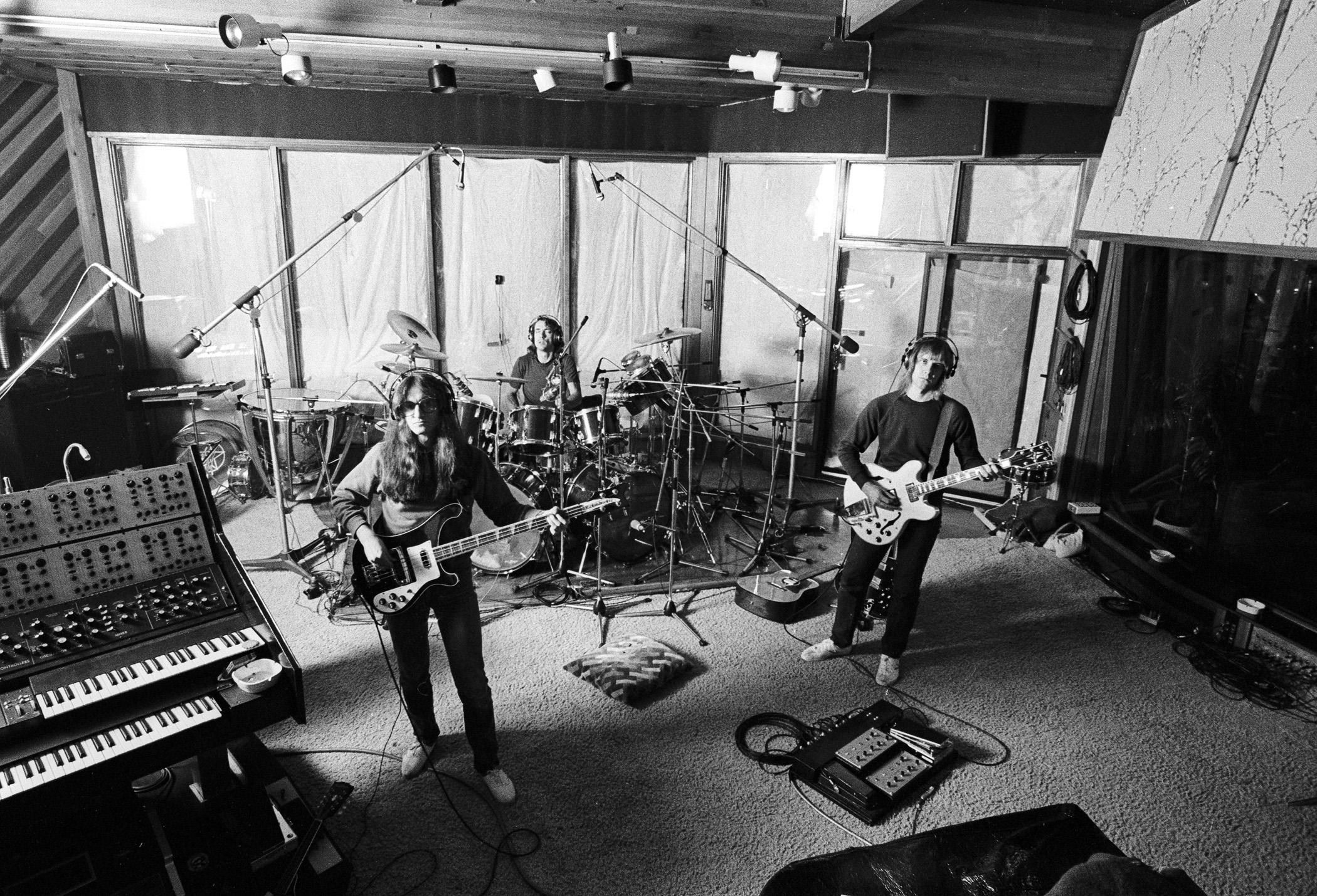The first real rock concert I saw was Rush at the Rosemont Horizon. I was there with my neighbors who exemplified the 1980s suburban dirtbag party culture. They made banners for concerts and were well-stocked in substances of all sorts. I remember walking around the concourse to find our seats and then emerging through a black drape into a stadium that dwarfed my high school field house. It was surreal, and I was completely transfixed by the three tiny dudes lighting up an arena full of people.
Until I learned about Rush, I was a huge fan of The Who, and that didn’t really change over time. But, where Keith Moon and company represented reckless abandon and chaos, Rush brought order and precision, with equal measure of rock and fuckin’ roll. And the heartbeat at the core was Neil Peart.
Here’s something you might not know, though: despite writing drum parts and lyrics for 20 studio records, touring all around the world for 40-50 years, and influencing multiple generations of drummers, he couldn’t swing. That’s right, the professor was super square.
Of course, this isn’t necessarily a knock. He was out of his element and studiously brought every bit of Neil Peart energy to the party. Even though it was a little awkward, he DID IT. And he obviously studied, and trained his muscle memory to carry him through what must have been somewhat difficult.
And let’s be clear: zero clams. It could hardly be considered a jazz solo, and he even peppered in some of his own signature Rush solo licks. A hobbyist like me couldn’t come close to playing what he did. The band seemed amused as well (probably not used to a drummer that nice). Good on him.
Back in his world, he replaced this guy:
Note the very straightforward drums. They get the job done. Here’s the same band with their new drummer around the same era:
There’s less anchor and more buoy, plus a turbocharged motor added to the boat. I’ve tried to explain this with words, but here’s comparative proof that the drummer makes a significant difference in the overall sound and feel of a band. In this case, it was part man, part machine Neil Peart not only pulling his third of the load with musicianship, but also providing thought-provoking lyrics.
I’m more and more sentimental as I get older, but this was a tough loss. It’s terribly sad to lose a music icon. The last studio record Rush made was pretty good, so who knows what else they still could have done. On the other hand, I know the guy worked at keeping bad at bay and seeking good, with bad getting in some serious body blows along the way. “Rest in peace” seems like an appropriate aphorism here.
This is a great interview with Neil, where he sounds pretty okay:


Leave a Reply